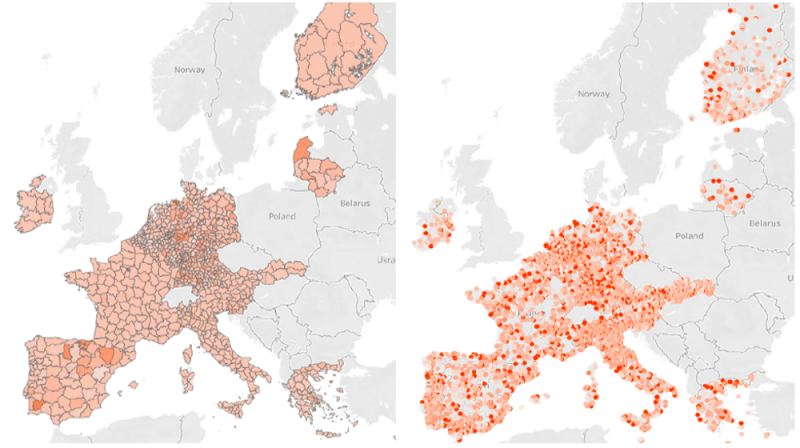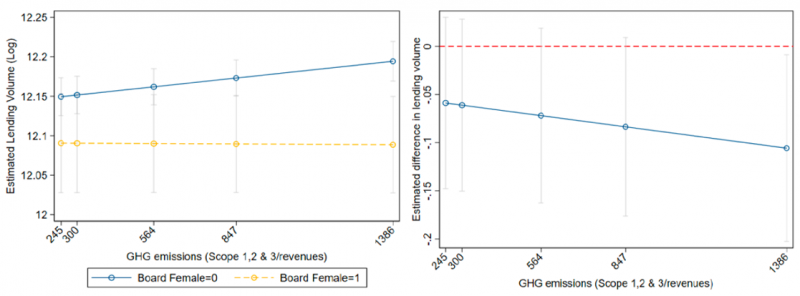References
Bolton, P., Despres, M., Pereira de Silva, L.A., Samama, F., Svartzman, R. (2020). The green swan. Central banking and financial stability in the age of climate change. Bank for International Settlements (BIS), January.
Bolton, P., Kacperczyk, M. (2021a). Do investors care about carbon risk? Journal of Financial Economics, 142, 517-549.
Bolton, P., Kacperczyk, M. (2021b). Global pricing of carbon-transition risk. NBER Working Paper no.28510.
Cumming, D., Leung, T.Y., Rui, O. (2015). Gender diversity and securities fraud. Academy of Management Journal, 58, 1572-1593.
De Haas, R., Popov, A. (2019). Finance and carbon emissions. European Central Bank (ECB) Working Paper Series No. 2318.
Degryse, H., Goncharenko, R., Theunisz, C., Vadasz, T. (2021). When green meets green. CEPR Discussion Paper No. DP16536.
Eagly, A.H., Karau, S.J. (1991). Gender and the emergence of leaders: A meta-analysis. Journal of Personality and Social Psychology, 60, 685–710.
Eagly, A.H., Johannesen-Schmidt, M.C., van Engen, M.L. (2003). Transformational, transactional, and laissez-faire leadership styles: A meta-analysis comparing women and men. Psychological Bulletin, 129, 569-591.
Fondas, N. (1997). Feminization unveiled: Management qualities in contemporary writings. The Academy of Management Review, 22, 257–282.
Ibrahim, N. A., Angelidis, J.P. (1994). Effect of board members gender on corporate social responsiveness orientation. Journal of Applied Business Research, 10, 35-40.
Kacperczyk, M., Peydró, J.L. (2021). Carbon emissions and the bank-lending channel. CEPR Discussion Paper No. DP16778.
Kennedy, J.A., Kray L.J. (2014). Who is willing to sacrifice ethical values for money and social status?: Gender differences in reactions to ethical compromises. Social Psychological and Personality Science, 5, 52-59.
Lagarde, C. (2021). Climate change and central banking. Speech at the ILF conference on Green Banking and Green Central Banking, January.
Mésonnier, J. S. (2019). Banks’ climate commitments and credit to brown industries: New evidence for France. Banque de France Working Papers No. 743.
PricewaterhouseCoopers (2022). Charting the course through a changing governance landscape. Annual Corporate Directors Survey. October, 2022.
Reghezza, A., Altunbas, Y., Marques-Ibanez, D., Rogriguez d’Acri, C., Spaggiari, M. (2022). Do banks fuel climate change? Journal of Financial Stability, 62, 101049.








